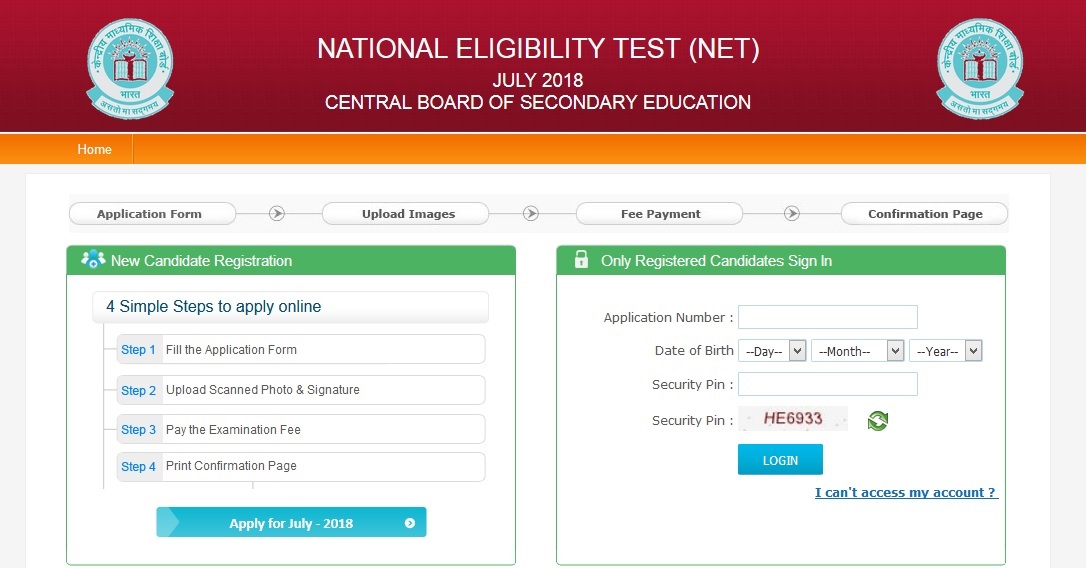Central Board Of Secondary Education NET Law Paper III Model Question : cbsenet.nic.in
Organisation : Central Board Of Secondary Education
Exam : National Eligibility Test (NET)
Document Type : Model/Previous Question Paper
Subject : Law
Date/Year : 10.07.2016 & 28.08.2016
Website : http://cbsenet.nic.in/cbsenet/QuestionPaperJuly2016.aspx
Download Sample Question Paper :
Paper III 10.07.2016 : https://www.pdfquestion.in/uploads/10723-LAW.pdf
Paper III 28.08.2016 : https://www.pdfquestion.in/uploads/10723-Law28.pdf
CBSE Law Model Question Paper
Download Question Paper of National Eligibility Test Law Sample Question Paper is now available in the official website of Central Board Of Secondary Education.
Related : Central Board Of Secondary Education NET Labour Welfare & Industrial Relations Model Question : www.pdfquestion.in/10718.html
Instructions
Time : 2 1/2 hours
Maximum Marks : 150
Paper – III :
Note :
** This paper contains seventy five (75) objective type questions of two (2) marks each.
** All questions are compulsory.

Model Questions
1. Which of the following statements are correct ?
(a) The ‘Basic Structure’ of the Constitution of India cannot be amended.
(b) Parliamentary Democracy is included in the list of ‘Basic structure’ of the Constitution of India.
(c) According to convention of Parliamentary Democracy, the Prime Minister has to be from the House of People
(d) Article 83 of the Constitution of India deals with the duration of Houses of Parliament.
Codes :
(1) (a), (b) and (c) are correct.
(2) (a), (c) and (d) are correct.
(3) (b), (c) and (d) are correct.
(4) (a), (b), (c) and (d) all are correct.
2. From the following statements select the correct answer using the codes given below :
(i) In India at the head of the entire judicial system stands the Supreme Court of India.
(ii) Under the Supreme Court of India stands the high courts of various states.
(iii) District and Sessions Court functions under the concerned high court.
Codes :
(1) (i) and (ii) only (2) (ii) and (iii) only
(3) (i) and (iii) only (4) (i), (ii) and (iii)
3. Match List I with List II and select the correct answer using codes given below :
List I List II
(a) Article 13 (i) protection in respect of conviction for offences.
(b) Article 15 (ii) prohibition of traffic in human beings and forced labour.
(c) Article 20 (iii) prohibition of discrimination on grounds of religion, race, caste, sex or place of birth.
(d) Article 23 (iv) laws inconsistent with or in derogation of Fundamental Rights.
Codes :
(a) (b) (c) (d)
(1) (iv) (ii) (i) (iii)
(2) (ii) (i) (iv) (iii)
(3) (iii) (ii) (i) (iv)
(4) (iv) (iii) (i) (ii)
4. Which one of the following Parliamentary Committees in India acts as ‘watch dog’ on departmental expenditure and irregularies ?
(1) Committee on public undertakings
(2) Committee on public assurances
(3) Estimates Committee
(4) Public Accounts Committee
5. Read Assertion (A) and Reason (R) and answer using the codes given below :
Assertion (A) : Both houses of Parliament as well as of a State Legislature have similar privileges under the Constitution of India.
Reason (R) : In general the position of the speaker is similar to that of the speaker of English House of Commons.
Codes :
(1) Both (A) and (R) are true and (R) is the correct explanation of (A)
(2) Both (A) and (R) are true but (R) is not the correct explanation of (A)
(3) (A) is true but (R) is false
(4) (A) is false but (R) is true
6. Which of the following are included in the list of Fundamental Duties in the Constitution of India ? Answer using codes given below :
i. To uphold and protect the sovereignty, unity and integrity of India and the states
ii. To defend the country and render national service when called upon to do so
iii. To value and preserve the rich heritage of our composite culture
iv. To develop the scientific temper, humanism and the spirit of inquiry and reform
Codes :
(1) (i), (ii) and (iii)
(2) (i), (ii) and (iv)
(3) (ii), (iii) and (iv)
(4) (i), (iii) and (iv)
7. Match List-I with List-II and select the correct answer using the codes given below the lists :
List-I List-II (Articles) (Provisions)
(a) 40 (i) Separation of judiciary from executive
(b) 42 (ii) Organisation of village panchayats
(c) 44 (iii) Provision for just and human conditions of work and maternity relief
(d) 50 (iv) Uniform civil code
Codes :
(a) (b) (c) (d)
(1) (i) (ii) (iv) (iii)
(2) (ii) (iii) (iv) (i)
(3) (ii) (iv) (i) (iii)
(4) (iii) (iv) (i) (ii)
8. Which one of the following was not a recommendation of the Dinesh Goswami Committee on electoral reforms ?
(1) State assistance to National political parties for elections.
(2) Maintenance of proper accounts of elections.
(3) Strict enforcement of model code of conduct.
(4) Video coverage of polling booths to check booth capturing.
9. Read the Assertion (A) and Reason (R) and answer by using the codes given below :
Assertion (A) : The system of Droit Administratif is not at all based on the doctrine of separation of powers.
Reason (R) : The most original aspect of the French Administrative Law is the independence of the administration from judicial control.
Codes :
(1) Both (A) and (R) are true and (R) is the correct explanation of (A)
(2) Both (A) and (R) are true but (R) is not the correct explanation of (A)
(3) (A) is true but (R) is false
(4) (A) is false but (R) is true
10. Which of the following is not an essential element of the doctrine of audi alteram partem ?
(1) Person affected adversely must be heard.
(2) Fair and transparent procedure must be provided by authority.
(3) Reasoned decision must not be based on the satisfaction of the concerned authority.
(4) Authority concerned must dispose off the matter by a speaking order.